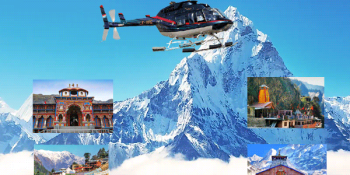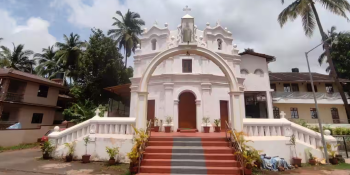Winter camping can be an exhilarating and unique adventure, offering the chance to experience nature in its most serene and snowy form. However, it requires extra preparation and caution to ensure your safety and comfort in harsh conditions. Here are some essential tips for a safe and enjoyable winter camping experience.
1. Choose the Right Location
Before embarking on your winter camping trip, make sure to research the area thoroughly. Look for established winter camping sites that provide safety and shelter. Avoid high-risk areas prone to avalanches, extreme weather, or high winds. National parks and designated winter campsites are ideal for beginners, as they often come equipped with necessary amenities and safety measures.
2. Pack the Right Gear
Packing the right gear is crucial for your safety in cold conditions. Here’s a list of essentials:
- Sleeping Bag: A winter-rated sleeping bag (rated for at least 10°F below freezing) is crucial to staying warm.
- Tent: Choose a four-season tent designed to withstand heavy snow and strong winds.
- Layers of Clothing: Dress in layers, starting with moisture-wicking base layers, followed by insulating mid-layers, and a waterproof, windproof outer layer. Don’t forget gloves, hats, and thermal socks.
- Sleeping Pad: Insulate yourself from the cold ground with a thick sleeping pad or foam mattress.
- Cooking Gear: Bring a reliable stove that works in cold temperatures, as many can fail in freezing conditions.
- Headlamp and Extra Batteries: The days are shorter, so bring a headlamp with spare batteries.
3. Know How to Build a Shelter
Your tent is your refuge from the elements, so ensure it is set up properly. Always build your camp on flat, stable ground, away from potential hazards such as falling branches or snow accumulation. If possible, dig a small trench around your tent to direct water away if snow melts. Always use a snow stake or heavier pegs to secure your tent against strong winds.
4. Stay Hydrated and Nourished
Cold weather can suppress your thirst, but staying hydrated is essential. Drink warm liquids regularly to maintain energy levels and prevent dehydration. For food, pack high-calorie, easy-to-prepare meals such as energy bars, soups, and dehydrated meals. Remember to bring a small stove to heat water for meals and drinks.
5. Protect Yourself from Hypothermia and Frostbite
Hypothermia and frostbite are serious risks in winter camping. To avoid these:
- Keep your body dry at all times. Wet clothing can cause rapid heat loss.
- Ensure your feet, hands, and face are protected from the cold with waterproof, insulated gear.
- Watch for signs of hypothermia (shivering, confusion, slurred speech) and frostbite (numbness, pale skin). If you notice symptoms, seek shelter and warmth immediately.
6. Fire Safety
A campfire can be a great way to stay warm, but ensure it’s done safely. Always build a fire in a designated fire pit and keep it small to avoid risk. Never leave a fire unattended, and ensure it is completely extinguished before leaving the campsite. Also, keep in mind that in some areas, firewood may be scarce or prohibited, so check local regulations.
7. Plan for Emergencies
Always inform someone of your travel plans, including your location and expected return date. Bring a first aid kit and know how to treat cold-related injuries. Carry a whistle, compass, or GPS device to help you navigate in case of unexpected situations. It’s also wise to have a backup battery charger for your phone in case of emergency.
8. Be Prepared for Changing Weather
Winter weather can be unpredictable, so always monitor forecasts before and during your trip. Be ready to adapt by packing extra supplies or changing your plans if needed.
By following these tips, you can make your winter camping adventure an exciting and safe experience. Happy camping from Toliday Trip!









